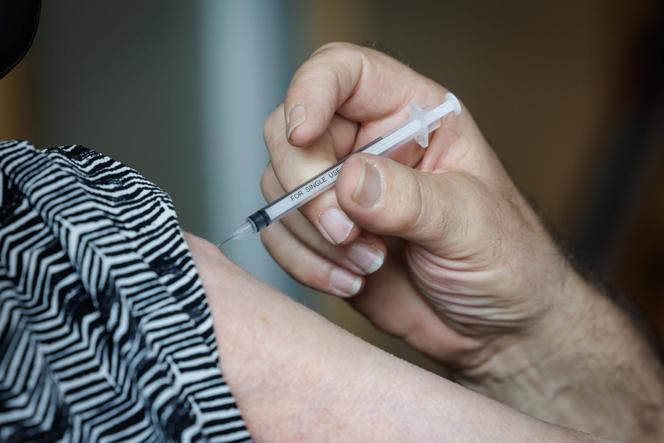


Two recent studies have once again warned of the risk of prolonged cognitive impairment one year after contracting Covid-19. The first, published in early October in the journal The Lancet, concerns young, healthy subjects who were voluntarily infected with the SARS-CoV-2 virus, and who developed mild Covid. The second, published on September 23 in the journal Nature Medicine, monitored people, with an average age of 54, who had been hospitalized with severe Covid.
In both cases, the infection appears to have had a prolonged impact on cognitive faculties, albeit only slightly in the young, but more pronounced in older patients. "Covid-19 is not always a straightforward short-lived illness: the infection can lead to prolonged cognitive sequelae, even if probably only slight," summed up Mahmoud Zureik, professor of epidemiology and public health at the Université de Versailles-Saint-Quentin (Yvelines).
In fact, these are not the first studies to highlight this phenomenon. While SARS-CoV-2 has a strong tropism for the respiratory tract (nose, throat and lungs), it can also affect other organs: microvessels, heart, kidneys, digestive system and, therefore, the brain. But here, the focus was not on examining the neurological complications arising in the severe acute phases of the disease, such as stroke, delirium or confusion, neuromuscular disorders etc.
However, the study published in The Lancet makes no mention of "long Covid" in the case of the young patients being monitored, since the cognitive impairment – which can be objectively measured – is so slight. What's more, while the tests highlight these impairments, the patients themselves do not perceive them.
William Trender and colleagues from Imperial College and King's College in London recruited 34 volunteer participants, aged between 18 and 30, who were injected with a very low dose of SARS-CoV-2 (original strain). Only 10 of them became infected, and the investigators were able to compare the infected group with the uninfected group. They were also able to assess cognitive function before and after infection, with each volunteer being their own control. "The result is worrying, because these healthy young people show mild cognitive deficit, persisting at least one year after infection," summarized Lisa Chakrabarti, from the Institut Pasteur, Paris. "This deterioration is slight, but significant. The higher the viral load, the greater the deterioration," added Zureik.
The study also raises an ethical question, noted Chakrabarti. "These healthy young people, who agreed to be inoculated with SARS-CoV-2, are at risk of retaining mild but persistent neurological sequelae."
You have 55.79% of this article left to read. The rest is for subscribers only.
